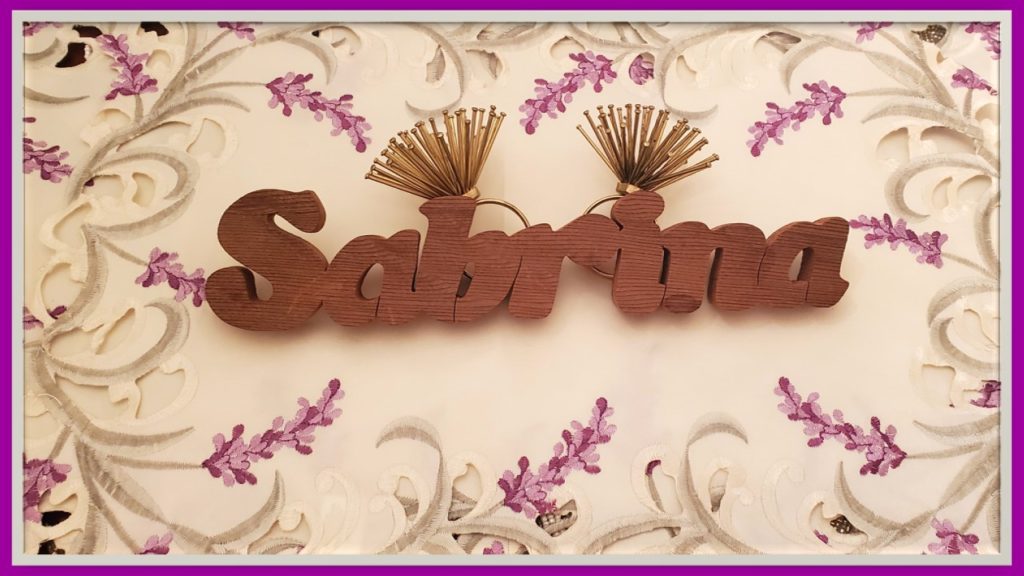
I recently became curious about the names of the four Hebrew boys—Daniel, Mishael, Hananiah, and Azariah—who had been taken from Judah. They were placed under the tutelage of Nebuchadnezzar’s chief official. It was this official who assigned them new names (Daniel 1:6-7). Wondering about their Hebrew names vice the names given them by their Babylonian captors, I researched.
In ancient times, names had a specific meaning. These young men’s Hebrew names were associated with the Lord God. Both Daniel and Mishael end with “el,” a reference to Elohim. Daniel means “Elohim is my judge.” and Mishael means “who is what Elohim is.” Hananiah and Azariah both end with “iah,” a reference to Yah or Yahweh. Hananiah means “Yahweh has been gracious.” and Azariah means “Yahweh has helped.” Their character and actions while in Babylonian captivity demonstrated their love of and faith in their God. I like to think their Hebrew names provided a constant reminder that they were the chosen of God and provided armor against the barrage of paganism they faced.
Similarly, the Babylonian names they were given referenced the many pagan gods worshipped by their captors. Daniel was given Belteshazzar which means “Bel protects his life.” Mishael was given Meshach, meaning “who is what Aku is”; Hananiah was given Shadrach, meaning “command of Aku”; and Azariah was given Abednego, meaning “servant of Nebo.” The captors changed the captives’ names in an effort to erase their relationship with their native culture and beliefs and to reinforce assimilation. It was the intent that with the new names the captives would forget their own faith.
Regardless of their slave names, the character of these four young men did not change. They did not assimilate. They did not adopt the captor’s religion. They stood fast in their faith of the one true God. Their actions honored their Hebrew names. Although Daniel retains his Hebrew name in the book of Daniel, it saddens me that the “three Hebrew boys,” as Hananiah, Mishael, and Azariah are called, are more well-known for their slave names. However, because of their convictions, they are more than those slave names.
Nowadays, names are often chosen because of current pop culture icons or because parents liked the sound (which is how I was named); a quick internet search can provide meanings of most names. Depending on the source, my name means “patience”; “thorny, but sweet”; “fuzzy bear cub”; “sweet”; and “princess.” While friends may argue that a few of these accurately describe me and others laughable, I prayerfully submit that I want to be more than the dictionary meaning. As soon as I hear the names “Shadrach, Meshach, and Abednego,” I immediately recall their story of faith and trust in the Lord (Daniel 3:12, 16-18). It is my ambition that when people hear my name, God-like characteristics are evoked; if not, I am still a work in progress. I hope my name reflects my walk with God. I pray my earthly name here affords me a heavenly name written by God on a white stone (Revelation 2:17).
Reflect: What does your name say about you? Does your name shine a light upon God? Does the mention of your name make others think about the goodness of God?
Great writing! I did not know the story behind the names of Shadrach, Meshach, and Abednego. I have heard these names preach in sermons but did not know their real names, Hananiah, Mishael, and Azariah. Thank you!
If yours is laughable, mine has folks going to the hospital getting their sides stitched back together…. I am just saying. But I am NOT a finished product. Hence I am still here.